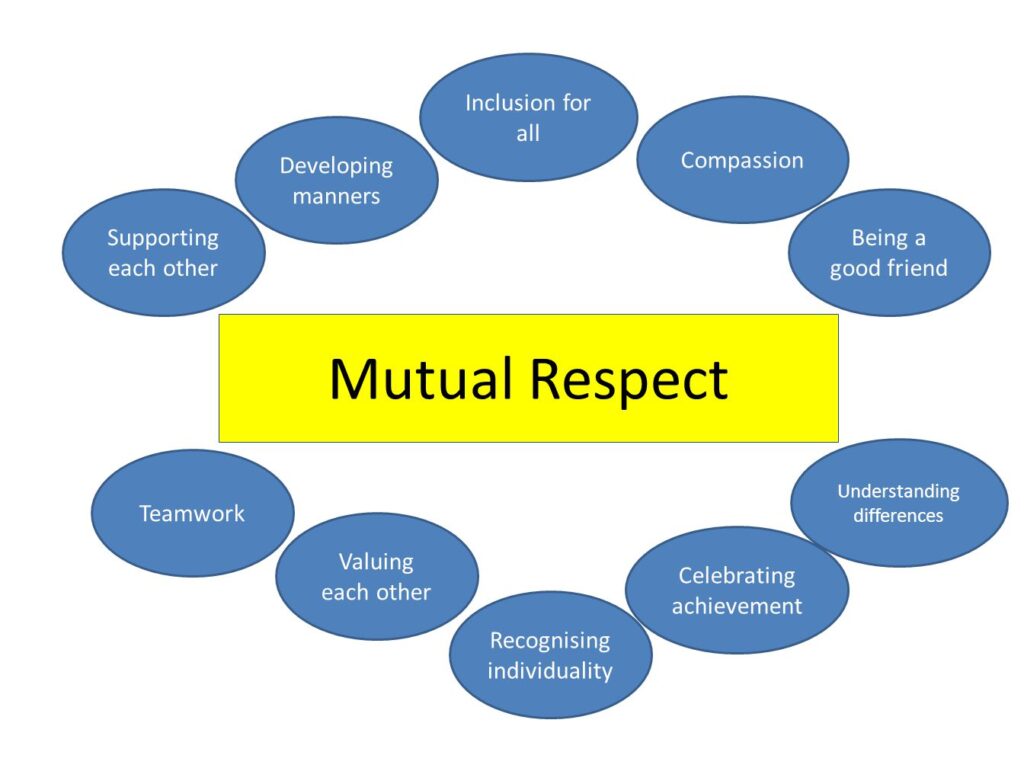The relationship between managers and employees plays a pivotal role in the success and culture of any organization. When fostered correctly, these relationships can lead to higher job satisfaction, better performance, and improved retention rates. However, when mismanaged, they can lead to disengagement, burnout, and turnover. Understanding the dynamics at play and leveraging effective communication, empathy, and feedback can help create a work environment where both managers and employees thrive.
-
The Power of Effective Communication
One of the most important pillars of a strong manager-employee relationship is communication. Transparent, consistent, and open communication fosters trust and understanding, ensuring that both parties are aligned in their goals and expectations. According to a Gallup report, 50% of employees who received regular feedback were more engaged at work, which directly impacts productivity.
Practical Approach:
Encourage regular check-ins, offer constructive feedback, and maintain an open-door policy where employees feel comfortable discussing challenges or ideas.

-
Building Trust and Mutual Respect
Trust is the foundation of any relationship, and the manager-employee dynamic is no exception. When employees trust their manager, they are more likely to be productive, share innovative ideas, and take risks without fear of repercussions. A Harvard Business Review article found that employees who trusted their managers had 17% higher productivity than those who did not.

Managers can build trust by being consistent in their decisions, supporting employees’ growth, and recognizing their contributions. Similarly, employees who feel respected are more likely to reciprocate with loyalty and higher engagement.

Practical Approach:
Demonstrate reliability, follow through on commitments, and consistently recognize and appreciate employee efforts.
-
Empathy and Emotional Intelligence
A manager’s ability to empathize with their employees and show emotional intelligence (EI) can have a significant impact on how the relationship develops. EI involves recognizing, understanding, and managing one’s emotions, as well as the emotions of others. A study by TalentSmart found that 90% of top performers have high emotional intelligence, which correlates with greater leadership effectiveness.
Practical Approach:
Take the time to understand employees’ individual needs, listen actively, and respond to their concerns with empathy. Showing genuine care for employees’ well-being can strengthen the bond between manager and team.
-
Feedback and Recognition
Feedback, when delivered constructively, can empower employees to perform better and grow in their roles. Regular feedback, both positive and corrective, helps employees understand their strengths and areas for improvement. Meanwhile, recognition boosts morale and encourages continued high performance. According to a Workhuman study, 79% of employees said they’d work harder if they were better recognized.
Managers who frequently acknowledge achievements, whether big or small, foster a sense of accomplishment and belonging, which in turn drives motivation and engagement.
Practical Approach:
Recognize achievements in team meetings, celebrate milestones, and provide actionable feedback in one-on-one sessions.
-
Setting Clear Expectations and Providing Support
Managers must set clear, achievable expectations that help guide employees’ efforts. Uncertainty about job roles or shifting goals can cause frustration and confusion. A McKinsey study revealed that employees who felt their roles were clear were three times more likely to be engaged at work.
However, clear expectations should be paired with support. Managers should provide resources, guidance, and the autonomy employees need to succeed. It’s about finding a balance between offering direction and empowering employees to take ownership of their work.
Practical Approach:
Outline expectations during onboarding, ensure that goals are aligned with organizational objectives, and offer the necessary tools and support for employees to succeed.
-
Conflict Resolution and Problem-Solving
Inevitably, disagreements or misunderstandings may arise within any team. The ability of a manager to address conflicts fairly and constructively can make a world of difference in the team dynamic. A Gallup study revealed that teams with high levels of conflict resolution skills were 25% more productive.
Managers should address issues promptly and maintain neutrality, focusing on solutions rather than blame. Encouraging open discussion and collaborative problem-solving helps to resolve conflicts in a way that strengthens relationships.
Practical Approach:
Address conflicts early, remain neutral, and focus on the solution rather than assigning blame.
In our own Performance Acceleration Model developed by The Talent Accelerator, we upskill leaders and managers to first have the right conversation with employees as the first main issue is having critical conversation. We focus on 5 different conversations that allow managers to immediately improve their level of communication and build trust, transparency and efficiency into managing employee performance.
Conclusion
A strong manager-employee relationship is built on a foundation of trust, communication, empathy, and support. By focusing on clear expectations, recognition, emotional intelligence, and effective conflict resolution, managers can create an environment that fosters high performance, job satisfaction, and employee retention. The ripple effect of a healthy manager-employee relationship extends beyond individual teams, contributing to the overall success of the organization. After all, when employees feel valued and supported, they are more likely to be engaged, productive, and loyal to their team and company.

